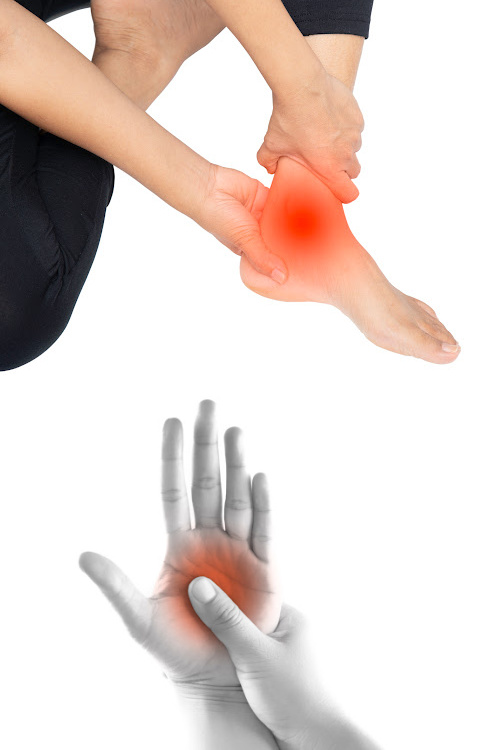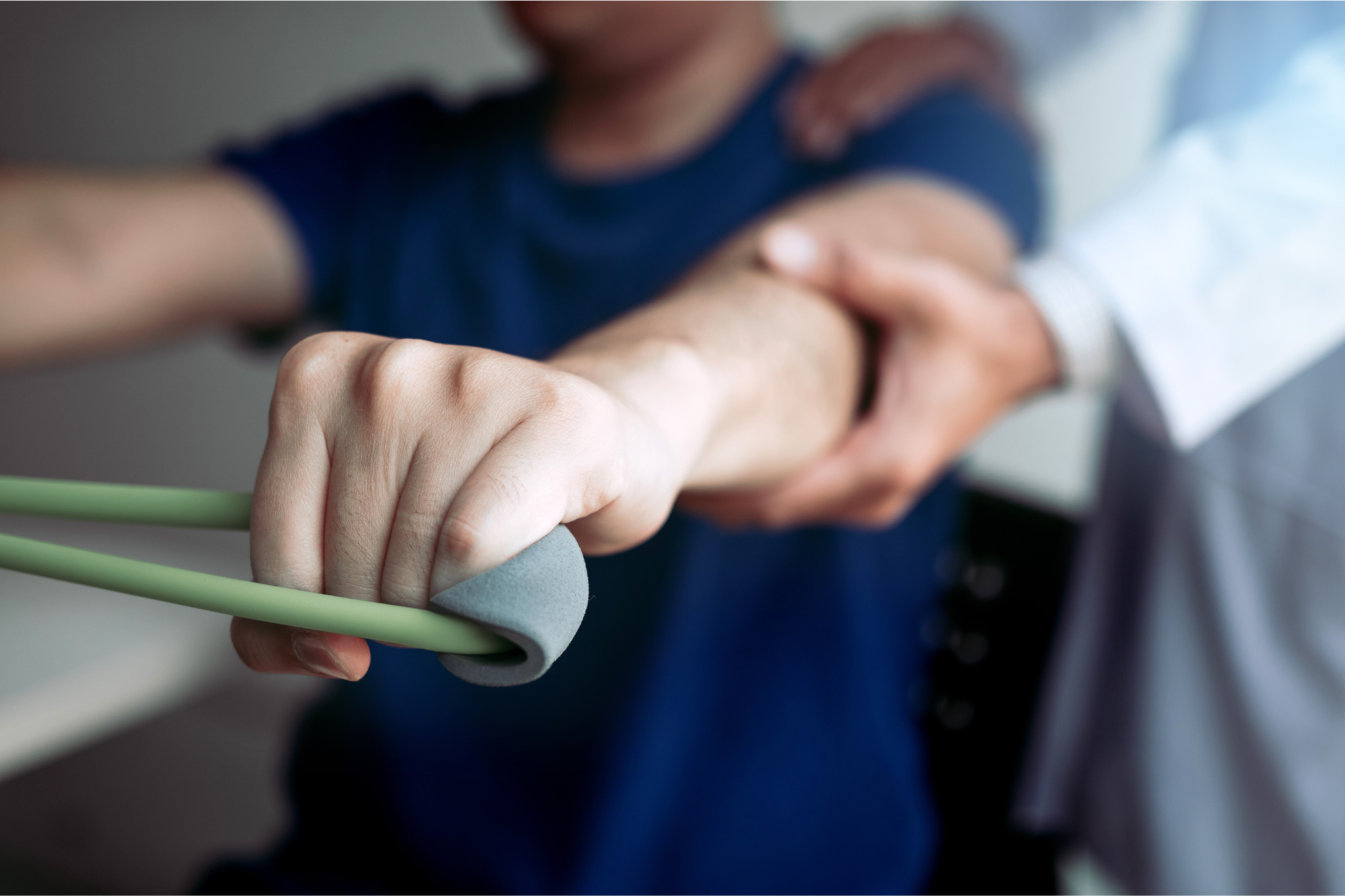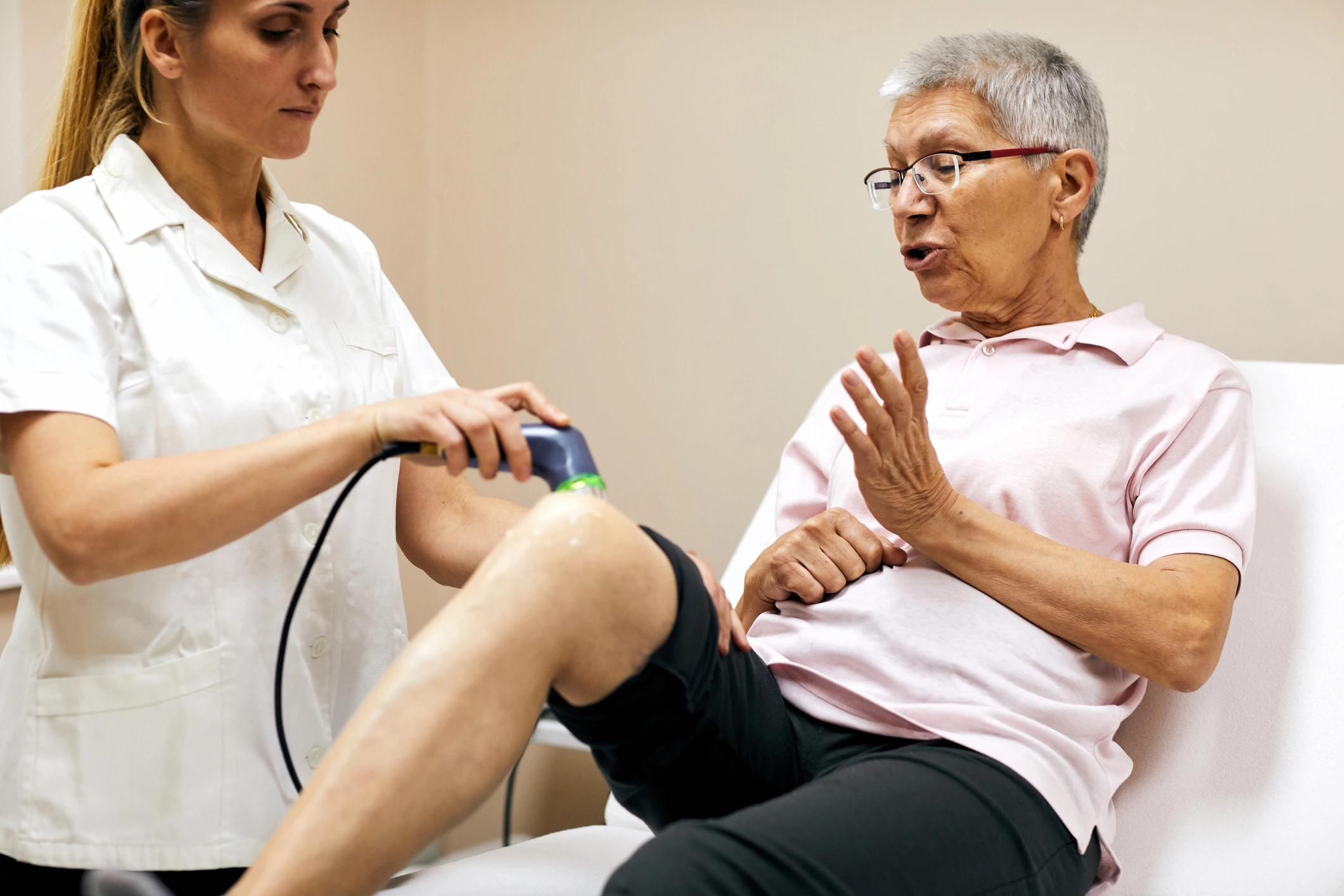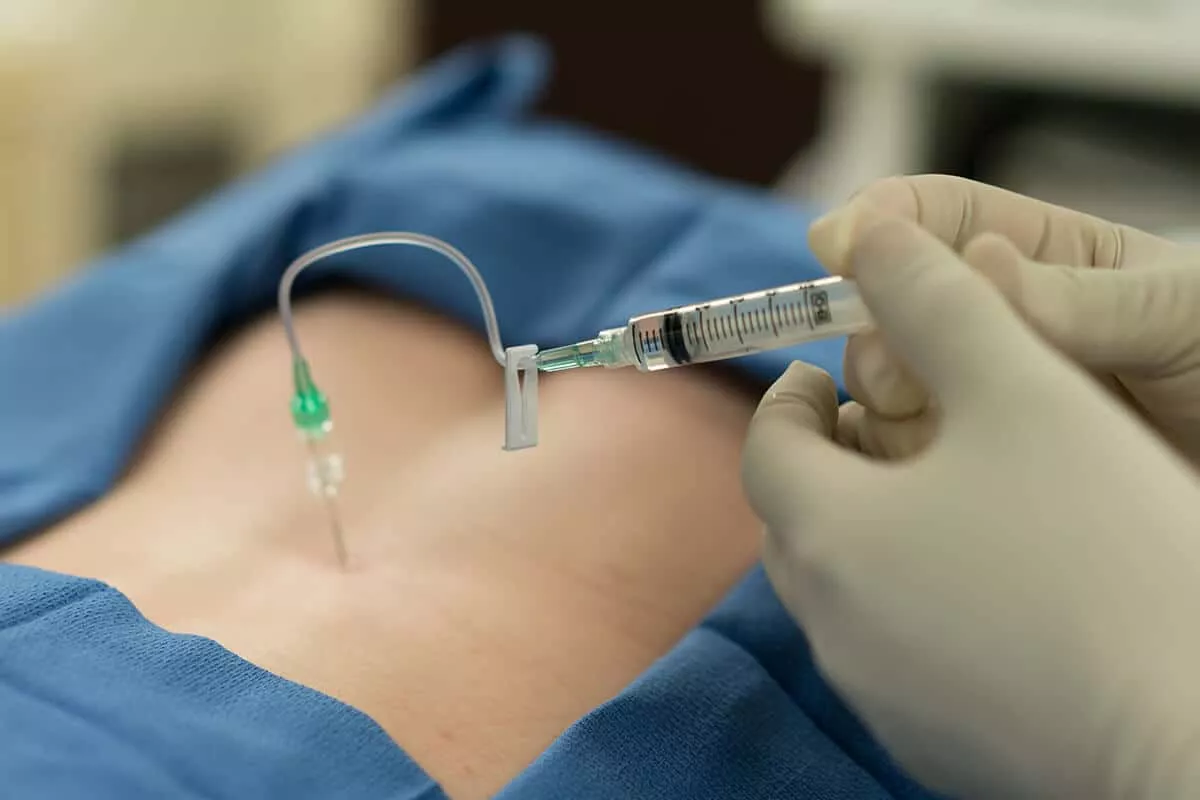Get Help For Peripheral Neuropathy
Peripheral neuropathy can cause severe pain due to nerve damage. At NextPain Care, we follow evidence-based practices for managing the painful symptoms of peripheral neuropathy, adhering to the highest standards set by leading medical authorities. Our approach focuses on relieving pain, improving muscle strength, and supporting nerve function to help you achieve more comfortable and lasting relief.
Schedule Your Consultation!

What we do
Address Weakness, Numbness, and Pain from Peripheral Neuropathy
Over 20 million people in the U.S. suffer from painful symptoms caused by neuropathy — and that number only accounts for those who have been officially diagnosed. Many experience symptoms like weakness, numbness, and pain but have never been tested. These symptoms, often affecting the hands and feet, can make everyday tasks challenging.
-
Struggling to sleep due to discomfort
-
Experiencing difficulty with daily tasks due to pain
-
Facing physical limitations
-
Improved sleep quality
-
Enhancing pain relief
-
Supporting better movement and functionality

How Can We Help You?
What Are The Causes Peripheral Neuropathy?
Neuropathy encompasses a range of nerve damage types such as diabetic neuropathy, peripheral neuropathy, and autonomic neuropathy. Several factors can lead to this nerve damage, including:
- Diabetes
- Chemotherapy
- Trauma or injury
- Certain medications, including antibiotics, antidepressants, seizure drugs, and chemotherapy medications
- Lack of essential vitamins
- Exposure to harmful industrial chemicals
- Alcoholism
Peripheral neuropathy stands out as a prevalent form of neuropathy, with two distinct types: demyelinating neuropathy and axonal neuropathy. Demyelinating neuropathy harms the myelin sheath encasing nerves, while axonal neuropathy results from axon damage.
Both varieties can induce discomfort, pins-and-needles sensations, numbness, tingling, and weakness in regions like the hands, feet, arms, and legs due to nerve impact in those specific areas.
Start Today





